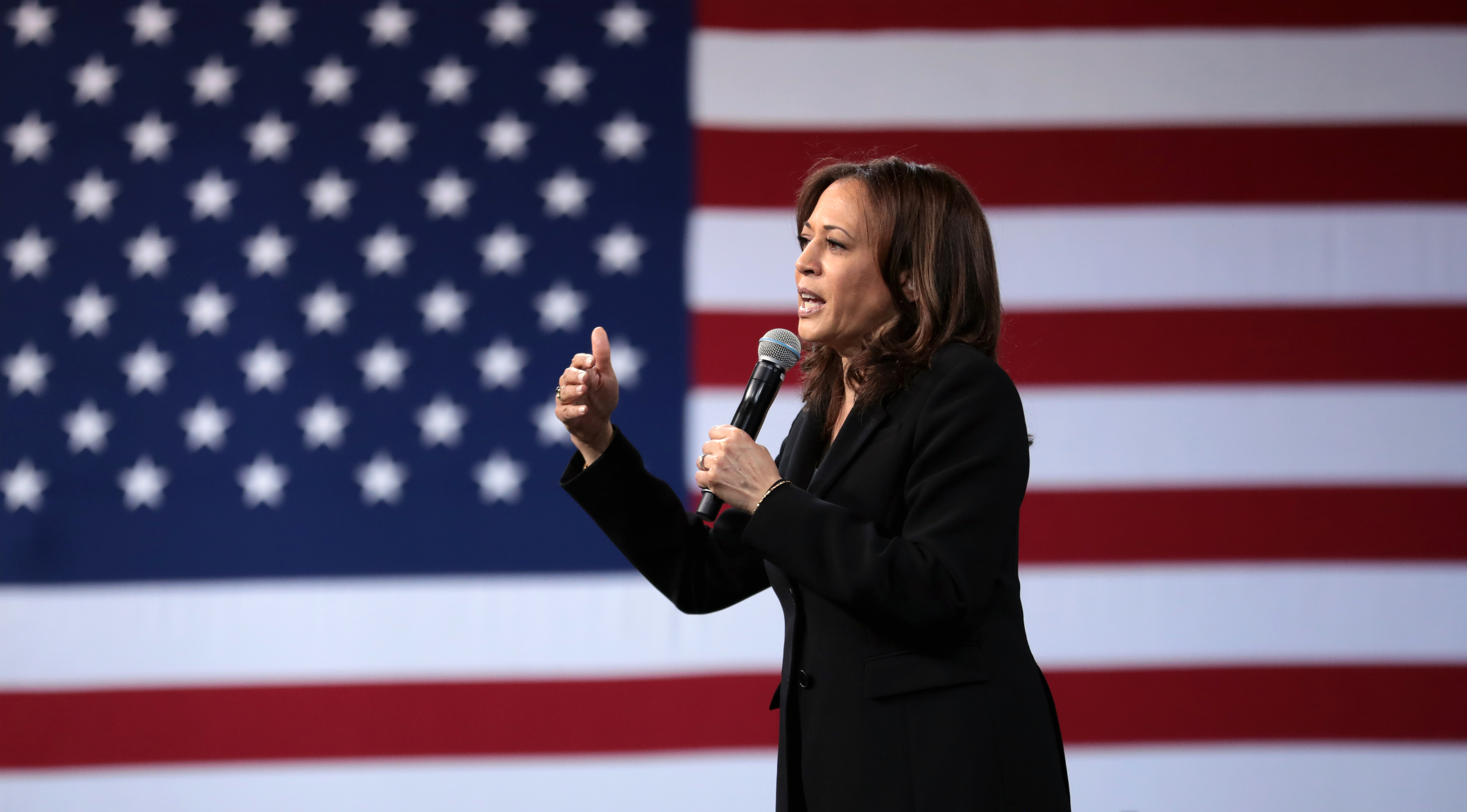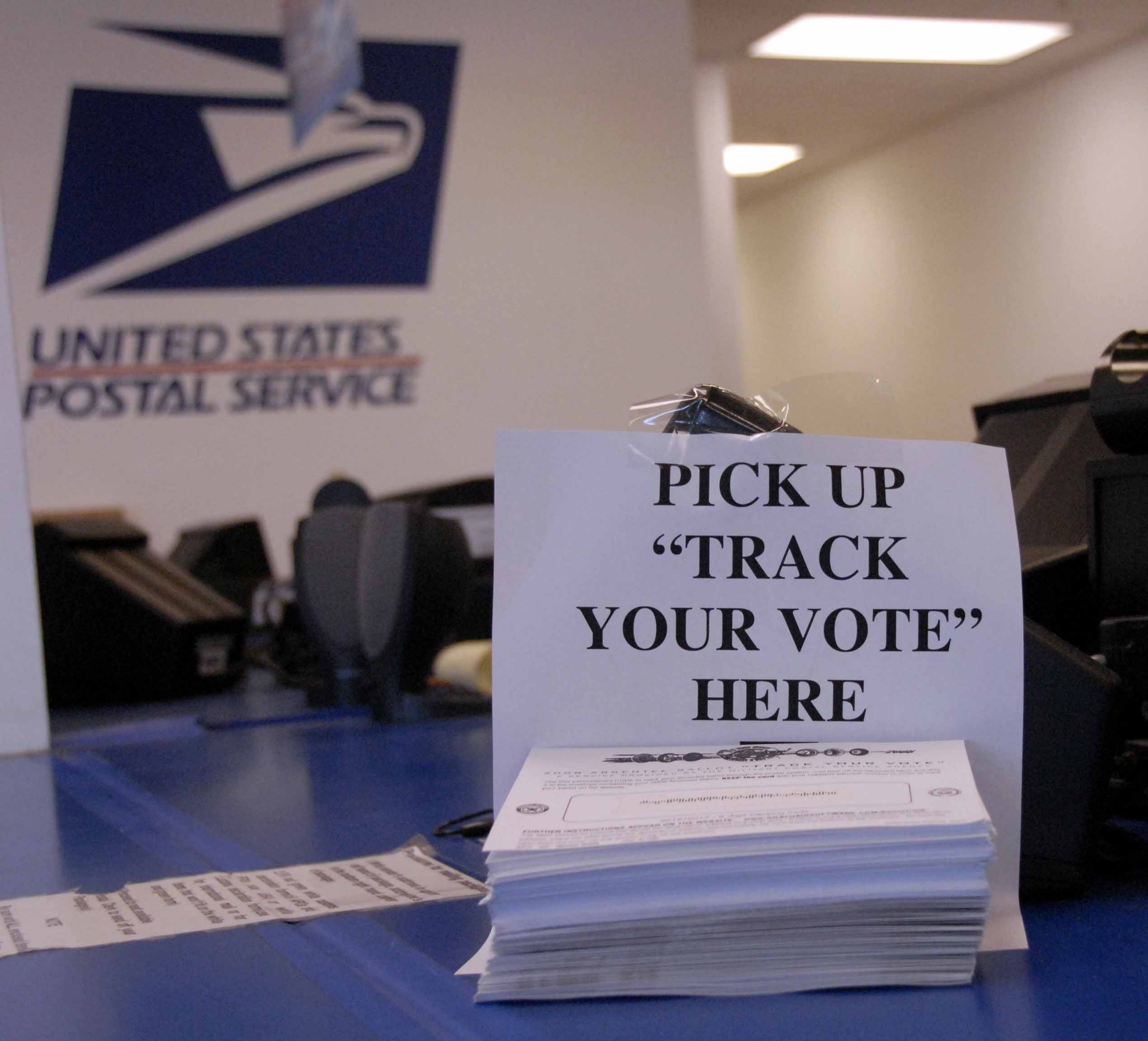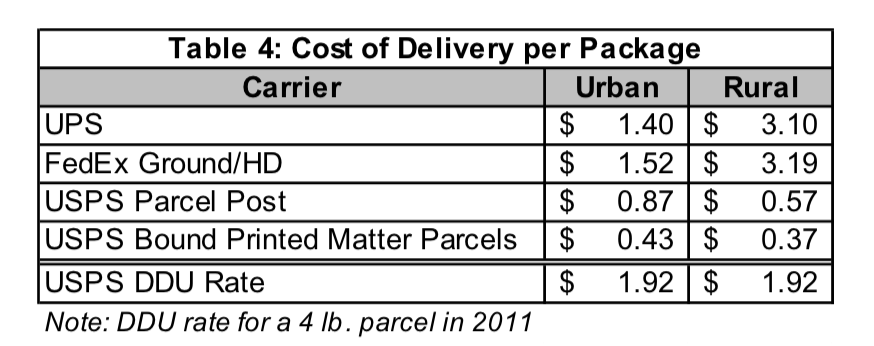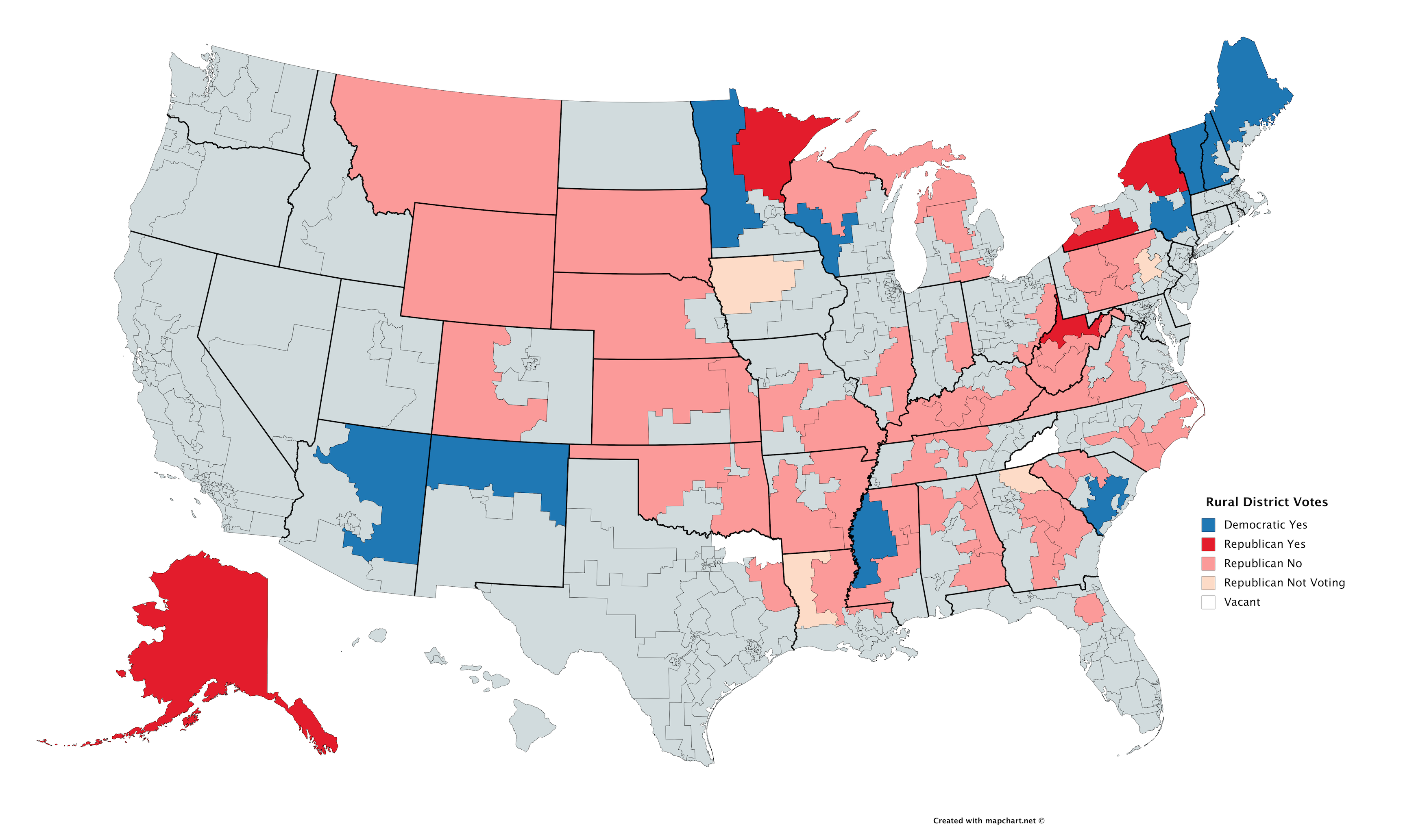The 116th Congress represents the most diverse Congressional body in American history, with nearly 22% of its members (1 in 5) identifying as non-white. However, we still have a long way to go before Congress is a true representation of the demographics of the citizens it serves. Representation of the voices of people of color is important now more than ever in light of the Black Lives Matter movement, although underrepresentation of people of color in politics has been a systemic issue since the beginnings of the nation. Here are just a few of the politicians serving and representing black and indigenous people of color (BIPOC) in Congress and in our communities (in no particular order).
1. Kamala Harris (D-CA)
Kamala Harris, current Democratic Senator from California and Vice President Elect, has been a champion for social justice reform since the dawn of her political career. Harris, whose father immigrated from Jamaica and mother immigrated from India, grew up in Oakland, CA and later went on to study law at Howard University and UC Hastings. Harris has previously served as the District Attorney of San Francisco and California’s Attorney General, and currently serves on the Homeland Security and Governmental Affairs Committee, the Select Committee on Intelligence, the Committee on the Judiciary, and the Committee on the Budget. Several causes and measures supported by Harris include pathways for citizenship for undocumented immigrants through policies such as the DREAM Act, progressive taxation, the ban of all assault weapons for public purchase and use, LGBTQ+ and civil rights, bias trainings and body-cam monitoring of law enforcement, protection of reproductive rights, and the passage of environmental regulations and stronger enforcement of emissions standards on polluting industries. Harris will become the first female Vice President, as well as the first female Vice President of color, making her victory a huge landmark for political representation of women and people of color.
2. Raphael Warnock (D-candidate for GA Senate)
Reverend Raphael Warnock, Democratic candidate for the Senate from Georgia, is a well-known advocate for accessible healthcare, social justice, and environmental protection. Coming from a low-income family in Savannah, Georgia, he knows firsthand the struggle many Americans face in making ends meet to afford basic needs and obtain higher education. Warnock currently serves as a pastor at Ebenezer Baptist Church in Atlanta, the same church where Martin Luther King, Jr. once preached at the pulpit. Among the many reform measures he supports, Warnock wants to strengthen and improve the Affordable Care Act and expand Medicaid, provide resources and services to marginalized communities, eliminate private prisons in favor of rehabilitation over incarceration, uphold the legalization of abortion, and aggressively pursue climate change protections and regulations with the goal of transitioning to 100% clean energy by 2050. Additionally, Warnock is endorsed by numerous prominent organizations and PACs such as NARAL Pro-Choice, the Planned Parenthood Action Fund, League of Conservation Voters, and the Human Rights Campaign.
3. Marco Rubio (R-FL)
Marco Rubio is a household name when it comes to politics, but not nearly enough light is shed on his achievements in fighting for human rights and economic prosperity. Rubio was born to Cuban refugees who sought after and achieved the “American Dream” through their work ethic and determination. Rubio went on to earn a degree in political science from University of Florida and later, a law degree from University of Miami School of Law. Rubio has an impressive track record of political involvement, including being elected city commissioner for West Miami and serving as chairman of the Senate Committee on Small Business and Entrepreneurship and chairman of the Subcommittee on Western Hemisphere, Transnational Crime, Civilian Security, Democracy, Human Rights, and Global Women’s Issues. Rubio continues to aggressively pursue human rights legislation and in just 2019 alone, he sponsored nine pieces of human rights legislation, including the Hong Kong Human Rights and Democracy Act of 2019.
4. Cory Booker (D-NJ)
Cory Booker, New Jersey’s first African-American Senator, has been a tireless advocate for marginalized communities through his work both at the grassroots and federal levels. After experiencing housing discrimination firsthand as a child, he became passionate about helping other marginalized folks fight for fair housing. Upon graduating from Yale, Booker became involved in community organizing and tenants rights in Newark, NJ and was later elected as the city’s mayor. Some key issues Booker has addressed through sponsored legislation and advocacy efforts are justice for marginalized communities and people of color, women’s rights and reproductive rights, LGBTQ+ rights, environmental justice, and criminal justice reform through his sponsorships of the First Step Act and Fair Chance Act.
5. Tim Scott (R-SC)
Tim Scott came from humble beginnings, growing up in a poor working-class family in North Charleston. As a teenager, Scott became exposed to politics and from then on became invested in it, graduating from Charleston Southern University with a degree in political science. Scott later went on to open up his own small business, and eventually, was elected to serve in Congress. Scott is one of the first three African-American members of Congress and the first African-American overall to serve in both chambers. He is well known for creating Opportunity Zones, a measure under the 2017 tax reform bill, which gives financial aid to communities in need. Committees Scott has been assigned to include the Senate Finance Committee; Senate Committee on Health, Education, Labor, and Pensions; Banking, Housing, & Urban Affairs; Small Business and Entrepreneurship; and the Senate Special Committee on Aging. As a member of Congress, Scott is committed to addressing issues within the workforce, education, and diversity.
6. Deb Haaland (D, NM-01)
As a 35th-generation New Mexican and member of the Pueblo of Laguna tribe, Deb Haaland is one of the first two Native-American women to serve in Congress. Haaland was raised in a military family and is a single mother, making her sympathetic to the struggles and hardships of military and single-parent households. She studied at the University of New Mexico and UNM Law School and has a long list of accomplishments and contributions, including volunteering full-time for Barack Obama’s 2008 campaign, leading the passage of SB 482 which allows New Mexican tribes in-state tuition regardless of residency, and allying with New Mexican LGBTQ+ rights activists to pass a ban on conversion therapy in New Mexico. Haaland is an advocate for Native rights, LGBTQ+ equality, environmental protection, and affordable and accessible healthcare for all, among many other causes.
7. Will Hurd (R, TX-23)
Will Hurd is one of the only Republican African-Americans in Congress (along with Tim Scott), making him an important voice for African-American members of the GOP. Hurd grew up in San Antonio and attended Texas A&M, graduating with a Bachelor’s in computer science and a minor in international relations. He worked with the CIA for nine-years, specializing in intelligence and cybersecurity, before running for and being elected to Congress. Hurd serves within the Subcommittee on Military Construction and Veterans Affairs, the Subcommittee on Transportation, Housing, and Urban Development, and the Subcommittee on Intelligence Modernization and Readiness. He is also a member of several caucuses, including the Congressional Caucus on Black-Jewish Relations, the Roosevelt Conservation Caucus, and the Congressional Latino-Jewish Caucus.
8. Amata Coleman Radewagen (R, American Samoa)
Amata Radewagen is the first woman to represent American Samoa in Congress and since 2012, has been the most senior member of the National Republican Committee. After receiving a degree in psychology from the University of Guam, Radewagen went on to serve as staff for several U.S. Representatives and eventually for the House Republican Conference. In 2001, she was appointed by President George W. Bush to serve as a Commissioner on the President’s Advisory Commission on Asian American and Pacific Islanders (AAPI), and was reappointed to this role by Donald Trump in 2019. She also serves on the House Veterans’ Affairs Committee, House Committee on Small Business, and the House Natural Resources Committee, as well as numerous subcommittees. She advocates for legislation regarding health, education, welfare, political status, and the rights and protections of U.S. territories as well as indigenous people.
9. Mike Garcia (R, CA-25)
Mike Garcia, first-generation American, is the first Hispanic Republican to serve in the House since 1883. He grew up in Santa Clarita and received his Bachelor’s of Science in political science from the United States Naval Academy, later receiving a Master’s in national security policy studies from Georgetown University. Garcia served in the navy from 1998 to 2012, and from 2009 to 2018 was a business development manager at Raytheon Intelligence and Space. As a newly-elected Congressman, Garcia is assigned to the House Committee on Transportation and Infrastructure; House Committee on Science, Space, and Technology, and House Committee on Homeland Security.
10. Rashida Tlaib (D, MI-13)
Rashida Tlaib is the first Palestinian woman to serve in the United States Congress as well as the first Muslim woman to be elected to the Michigan State Legislature and one of the two first Mulsim women elected to Congress, along with Ilhan Omar.Tlaib grew up in a working-class Palestinian family in Detroit as the oldest of fourteen children, and went on to study political science at Wayne State University and receive a law degree from Western Michigan University Cooley Law School. Tlaib has been dedicated to social justice since the onset of her involvement in politics and advocacy. She organized the We Have a Right to Breathe campaign in response to the pollution caused by semi-trucks in her neighborhood, and also worked as an attorney at the Sugar Law Center for Economic and Social Justice. Issues Tlaib is passionate about include environmental justice, racial equality, supporting small businesses, minimizing the influence of corporations, and economic support for working-class and low-income families through passage of the BOOST Act.
The demographic statistics are still to be analyzed and publicized for the 117th Congress, but if the 2020 Congressional election is consistent with the previous progress we have seen in Congressional representation, this may be our most diverse Congress yet. Thanks to the contributions of legislators of color, there is increasingly more hope for a truly representational government that we can wholeheartedly see as a voice for the people, by the people.



